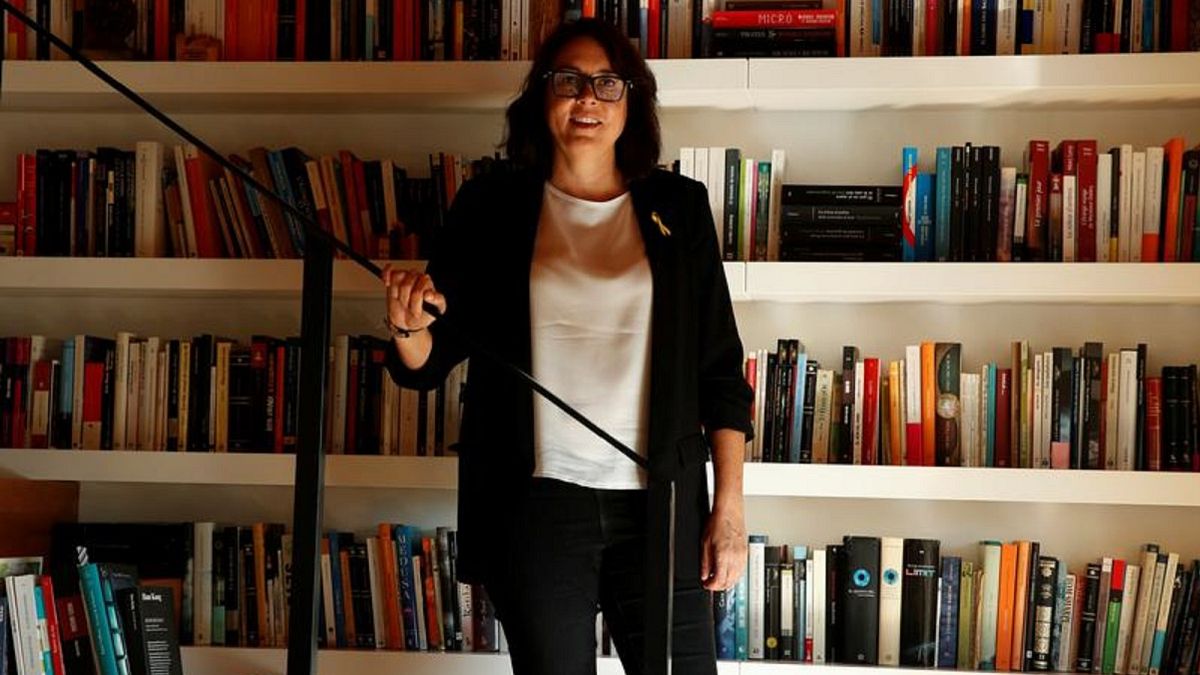The new government will have to take politics out of the courts and go back to the negotiating table where the Catalan government has been waiting for too long. The response of an EU member state to a political problem cannot simply be judicial repression and police violence.
Following last April’s Spanish elections, Pedro Sánchez achieved a significant victory which saw his Spanish Socialist Workers’ Party (PSOE) get almost double the number of MPs obtained by the second party, the People’s Party (PP). After his victory, Sánchez had the opportunity to build a strong progressive majority with Podemos (a left-wing party) that could have carried out the political, social, environmental and economic reforms that Spain needs after several years of conservative government.
In addition to these urgent reforms, which are crucial when all indicators point to a new economic crisis, the new progressive majority could also have addressed the main political problem facing the country today: the conflict between Catalonia and Spain. After several months of failed negotiations, with more empty gestures than real politics, Sánchez thought that people would vote differently so he decided to call new elections.
The results of these second elections have been a reality check for Pedro Sánchez. On the one side, PSOE and Podemos have had poorer results compared with April while the pro-independence parties from Catalonia, Basque Country and Galicia, have increased their representation. Ciudadanos, or Citizens party, which was Sánchez’s preferred coalition partner, has become irrelevant after losing 47 seats. The PP recovered from its bad results of April - the worst in its history - and the far-right Vox party, which is undisputedly fascist, has doubled its representation becoming the third largest political force in the Congress.
Sánchez clearly miscalculated. Nevertheless, the outcome of these elections shows that Spain needs more serious politics and fewer gestures. The recent announcement of a coalition between PSOE and Podemos could be a step forward in this regard. It is almost a cause for celebration that, within 24 hours, Pedro Sánchez and Podemos’ leader, Pablo Iglesias, have been able to do what they could not do in five months. Better late than never. However, the price of this lost time has been a dramatic increase of the Far-Right in Spain.
One of the first issues the new government will have to deal with will be the conflict with Catalonia. It is obvious that, as long as the situation in Catalonia remains without a political solution, the whole state will remain unstable. Spain has had four elections in four years and it could have more if the Spanish government does not deal with the conflict in a democratic and peaceful way. The new government will have to take politics out of the courts and go back to the negotiating table where the Catalan government has been waiting for too long. The response of an EU member state to a political problem cannot simply be judicial repression and police violence.
In order to find political stability in Spain, Pedro Sánchez has only two options: repression or politics. We have seen that repression simply does not work. More than two million Catalan republicans will not simply disappear and authoritarian attitudes only lead to the growth of the Far-Right. So, Mr Sánchez, why not try politics?
Towards the solution
Three steps could help to find the political solution that millions of Catalans - and Spaniards - are looking for. Firstly, an honest and transparent dialogue must be established with mutual respect on both sides. In recent weeks, the Catalan President has repeatedly called the Spanish acting-prime minister Pedro Sánchez to discuss the Catalan situation. But the socialist leader simply rejected his calls. This is incomprehensible in a democracy and this situation should be reversed immediately.
Once dialogue has been established, the second step should be the start of negotiations where all parties should be able to put forward their political project, without red lines or pre-conditions. Self-determination trough a referendum on independence is the political proposal of the Catalan government. It is legitimate and should not be excluded as a solution since it is supported by a large majority of Catalan citizens. In the same way, the Spanish Government must offer a specific proposal beyond the repression strategy they have clung to so far. Furthermore, in order to establish a negotiation between equals, it is important to resolve the situation of the political prisoners and exiles. It is impossible to conduct positive negotiations when the leaders of one of the parties are deprived of their liberty.
Negotiation must then lead us to the last step: a resolution. In democratic societies, constitutions and laws must be at the service of the people. This means they should not be restrictive and immovable but able to evolve as society evolves over time. Catalonia has showed during the last decade in every election that a majority of people want to reformulate their relations with Spain and around half of the population would favour becoming an independent country. This is a demand that must be heard and, as politicians, our obligation is to find a democratic way to allow Catalan people to decide their political future as has happened already in other parts of Europe.
That will not be easy. Europe must play an important role as a mediator and must enforce democracy and our fundamental rights. There are no excuses. It is time to sit and talk.
Diana Riba i Giner is an Esquerra Republicana de Catalunya member of the European Parliament - Group of the Greens/European Free Alliance.
____________
Are you a recognised expert in your field? At Euronews, we believe all views matter. Contact us at view@euronews.com to send pitches or submissions and be part of the conversation.

